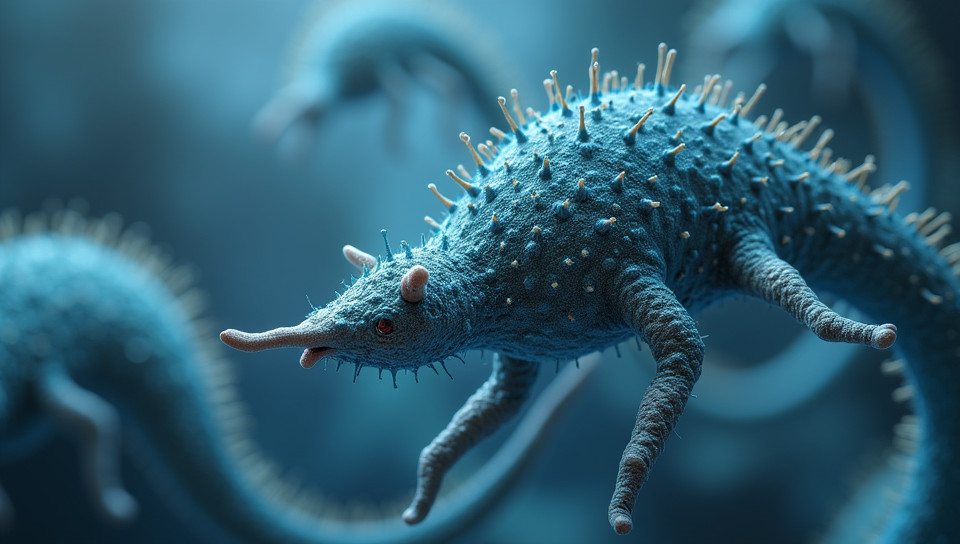Genetic modifications are a key aspect of biotechnology 75%

The Future of Biotechnology: Genetic Modifications at the Forefront
Imagine a world where crops can thrive in harsh environments, diseases are eradicated through targeted treatments, and organ transplantation is made possible by genetically modified organs that match perfectly with the recipient's body. This is not science fiction, but a reality that genetic modifications in biotechnology have brought us closer to achieving. Genetic modifications are at the core of modern biotechnology, revolutionizing the way we approach agriculture, medicine, and scientific research.
What are Genetic Modifications?
Genetic modifications refer to the deliberate alteration of an organism's DNA sequence to introduce new traits or characteristics. This can be achieved through various methods, including gene editing tools like CRISPR-Cas9. By modifying an organism's genes, scientists can create new strains of crops that are more resilient to pests and diseases, develop treatments for genetic disorders, and engineer living tissues for transplantation.
The Benefits of Genetic Modifications
Genetic modifications have numerous benefits in various fields: - Improved crop yields and quality - Increased resistance to pests and diseases - Enhanced nutritional content of crops - Development of novel therapeutics and vaccines - Creation of genetically modified organisms (GMOs) for bioremediation
Applications of Genetic Modifications
Genetic modifications are being applied in various areas, including: - Agriculture: Developing crops that can thrive in challenging environments and require minimal pesticides. - Medicine: Creating targeted treatments for genetic disorders and developing novel therapeutics. - Biotechnology: Engineering living tissues for transplantation and creating bioproducts.
The Future of Genetic Modifications
As genetic modification techniques continue to advance, we can expect even more exciting breakthroughs. With the help of artificial intelligence and machine learning, scientists will be able to design and engineer new organisms with unprecedented precision. The possibilities are endless, from developing sustainable biofuels to creating novel biomaterials for medical applications.
Conclusion
Genetic modifications have revolutionized biotechnology, enabling us to tackle some of humanity's most pressing challenges. From improving crop yields to developing novel therapeutics, the impact of genetic modifications is being felt across various fields. As we continue to push the boundaries of what is possible with genetic engineering, we can expect even more groundbreaking discoveries that will shape the future of biotechnology and beyond.
- Created by: Pari Singh
- Created at: Dec. 21, 2024, 11:07 a.m.
- ID: 16891








